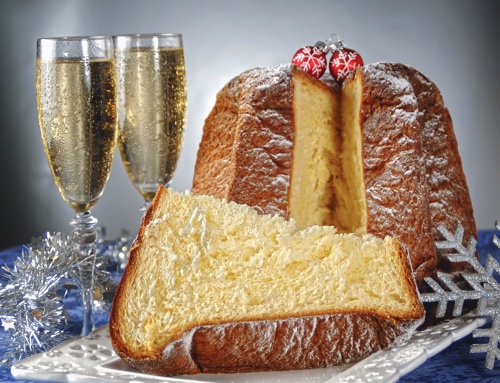 Yep, it’s that time of year when all the socialising and celebrating can catch up with you and, while lots of fun, you can feel exhausted and your clothes can feel a little tighter before Christmas Day has arrived. We can point the finger at alcohol, late nights and little (or no!) rest time, but diet also plays a hand. So here are some tips to help you through the rest of the party season.
Yep, it’s that time of year when all the socialising and celebrating can catch up with you and, while lots of fun, you can feel exhausted and your clothes can feel a little tighter before Christmas Day has arrived. We can point the finger at alcohol, late nights and little (or no!) rest time, but diet also plays a hand. So here are some tips to help you through the rest of the party season.
Eat before you go
Dips, crackers, chips, white bread, fried finger foods and other party foods are often low in nutrients but high in kilojoules. Mindlessly nibbling while you’re chatting, you don’t really feel the same sense of satiety as you would if you were having a meal. Even if you do pick the healthier options like nuts and olives, you don’t have a balanced meal that has the right proportions of nutrients. So if you’re not going to a sit-down dinner, eat at home before you go instead of grazing on energy-dense party foods. Having food in your stomach before you start drinking will also slow the processing of alcohol.
The rest of the day matters
If you’re going out in the evening, make sure you have a really nutritious breakfast and lunch that includes lots of vegetables and some fruit. And if you’re drinking alcohol in the evening, aim to drink a few litres of water over the course of the day, because if you go out dehydrated and drink alcohol, you’ll certainly pay for it the following day.
Alternate drinks
We all know this tip, and it is a good one, but many of us don’t follow through when we’re in the mood to party. At the very least, make sure you have two glasses of water when you’re out and a big glass when you get home. And pop a couple of ice blocks in your drink – a good way to make it go a little further.
Structure can help
When we have a break from our normal routine, our eating and exercise routine is affected. So over the break, try to structure your food intake and have balanced meals that are 50% non-starchy vegetables and fruit, 20% quality carbohydrate, 20% lean protein and 10% healthy fats. Also make sure you plan your exercise for the week – 150 minutes as a minimum and 250 minutes if you’re trying to lose weight.
Eat when you’re hungry
Being the most social time of the year, we can be easily influenced by everything and everyone around us, which can stop us listening to our bodies. Sometimes you have to sit down for a meal at a certain time but, when you don’t, wait for your body to tell you that you need to refuel. Hunger is the best eating cue!
Walk and talk with friends
Instead of meeting for a coffee or a glass of wine, make your exercise social. Not only will you be expending energy instead of consuming it, it’s an efficient use of your time. You can also ask your gym or personal trainer if you can bring a friend with you.
Prep healthy food
Over the holidays, sometimes there is an abundance of food in the fridge and other times there isn’t a pickle. So when you have a moment over the holidays, boil up some legumes like chickpeas or lentils and some grains like steel-cut oats or quinoa and store in air-tight containers in the fridge. That way you can make an interesting salad or a filling, nutritious breakfast quickly.
By having some strategies in place now, hopefully you can enjoy food with loved ones over Christmas and also feel great in January.

Leave a Reply